Noticia
The impact of neuroeducation in pedagogy
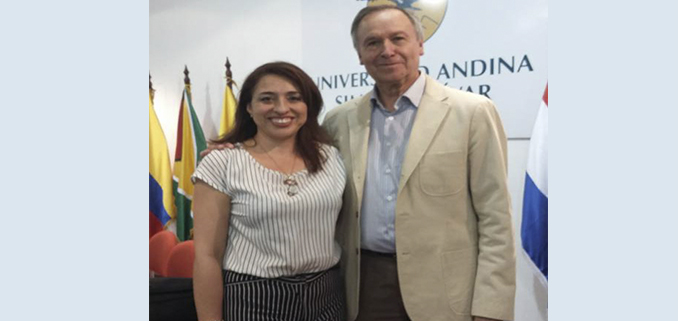
One of the aims of the 2nd International Congress on Neuroeducation, which took place in Guayaquil and Quito, was to talk about the importance of neuroeducation and its impact on pedagogy.
UPS professors Rómulo Sanmartín and Elizabeth Montenegro presented the papers titled "El proceso sensorio-motor en el desarrollo de la inteligencia", and "Plasticidad neurológica y aprendizaje inteligente", respectively. Both papers were written thanks to their research in the Cognitive Sciences Research Group (Grupo de Investigación Cerebro y Ciencias Cognitivas GICCg.).
Renowned speakers such as Isauro Blanco, Tadrisi Asad and Cristina De Souza took part in this Congress, where they presented a new vision of learning based on how the brain works, an approach that breaks paradigms that have been established since the classis industrialization era. Educational institutions educated people that were not critical nor creative, they were considered production resources. The new approach seeks to influence the life of organizations and individuals.
Currently, the Cultural Revolution known as "neuroculture" generates a series of presentations aimed at encouraging educational neuroscience, which opens doors to the transformation of our educational system based on three aspects: mind, brain and education.
Another aim of the congress was to disseminate research, programs, and strategies for educational neuroscience for professionals in the field of education, psychology and human development to create spaces for reflection and establish standards in this field.
Contenidos Relacionados
Contenidos Relacionados
Noticias Relacionadas
Noticias Relacionadas

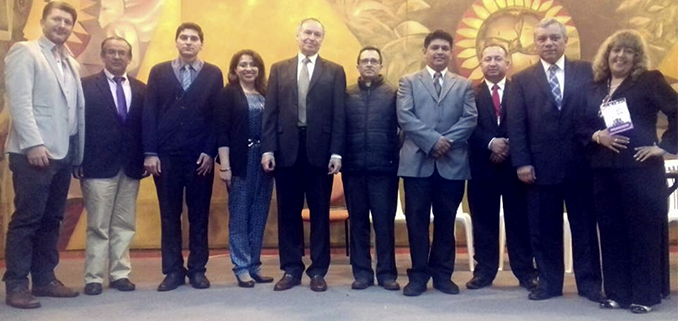
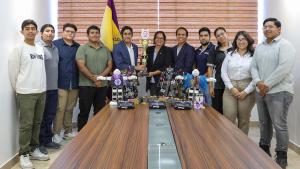
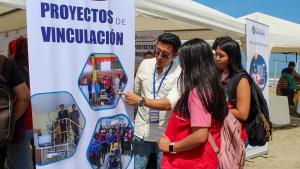
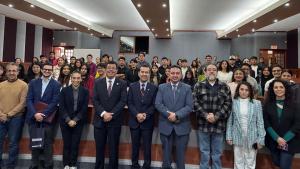

Follow us
Follow us